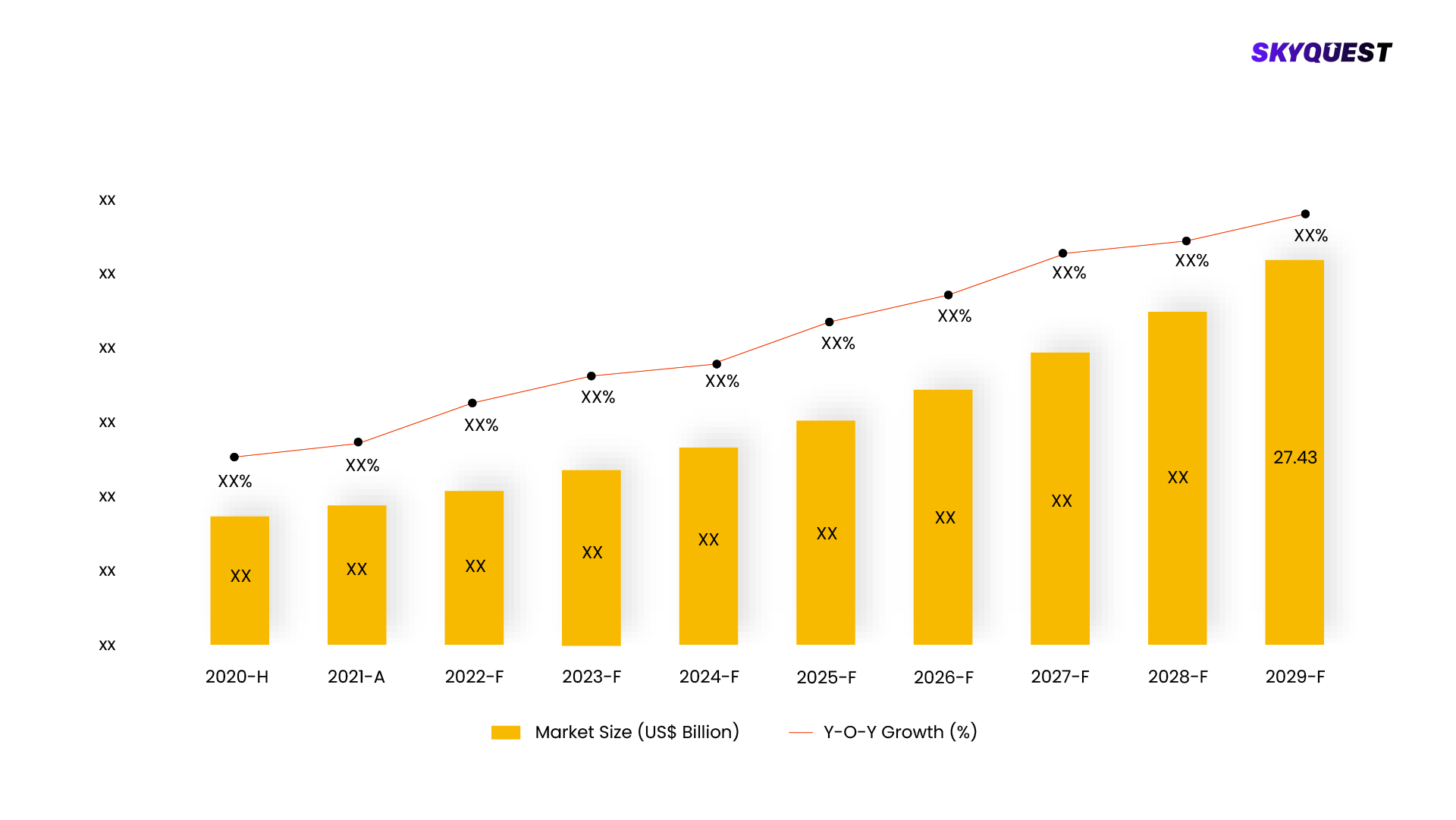
Product ID: UCMIG15B2034

Report ID:
UCMIG15B2034 |
Region:
Global |
Published Date: Upcoming |
Pages:
165
| Tables: 55 | Figures: 60
In 2016, the global petroleum resins market was valued at USD 2.22 billion, and it is projected to experience substantial growth at a CAGR of 6.9% from 2017 to 2025. The market's expansion is expected to be fueled by increased consumption of petroleum resins in various applications, including paints and coatings, synthetic rubber, tapes, and labels. This is due to the numerous benefits offered by these products, such as superior thermal stability, peeling strength, tackiness, heat resistance, and a high softening point, which are expected to enhance the industry's growth during the forecast period.

This report is being written to illustrate the market opportunity by region and by segments, indicating opportunity areas for the vendors to tap upon. To estimate the opportunity, it was very important to understand the current market scenario and the way it will grow in future.
Production and consumption patterns are being carefully compared to forecast the market. Other factors considered to forecast the market are the growth of the adjacent market, revenue growth of the key market vendors, scenario-based analysis, and market segment growth.
The market size was determined by estimating the market through a top-down and bottom-up approach, which was further validated with industry interviews. Considering the nature of the market we derived the Diversified Chemicals by segment aggregation, the contribution of the Diversified Chemicals in Diversified Materials and vendor share.
To determine the growth of the market factors such as drivers, trends, restraints, and opportunities were identified, and the impact of these factors was analyzed to determine the market growth. To understand the market growth in detail, we have analyzed the year-on-year growth of the market. Also, historic growth rates were compared to determine growth patterns.
Our industry expert will work with you to provide you with customized data in a short amount of time.
REQUEST FREE CUSTOMIZATIONWant to customize this report? This report can be personalized according to your needs. Our analysts and industry experts will work directly with you to understand your requirements and provide you with customized data in a short amount of time. We offer $1000 worth of FREE customization at the time of purchase.

Product ID: UCMIG15B2034